VALUES AND EMOTIONAL EDUCATION PROGRAM

“ WE CAN RISE ABOVE NEGATIVE THOUGHTS”



“ WE CAN RISE ABOVE NEGATIVE THOUGHTS”

Matthew McConaughey is an American actor and film producer. He has appeared in more than forty films and won an Oscar and a Golden Globe for his role in Dallas Buyers Club. However, his contributions extend beyond acting; he also established a foundation and gives motivational talks. In this speech, he reflects on success in life and how to sustain it.
Talent: Happiness. Success
I’m going to tell you about some things I’ve learned throughout my career.
Number 1. Life is not easy
It isn’t; don’t try to make it easy. Life is not fair— it never was, it isn’t now, and it never will be. Don’t get caught up in thinking you’re entitled to feel like a victim. You’re not. You have to rise above it and keep moving forward. And yes, many things will feel much more rewarding when you’ve worked hard for them.
Number 2. “Incredible” is the stupidest word in the dictionary It should never have entered our vocabulary. Think about it for a moment. We say: “What an incredible game!” or “It was an incredible movie,” “an incredible act of bravery”… Really? It may be “spectacular,” “phenomenal,” “excellent,” “outstanding,” but “incredible”? [Is it really impossible to believe?] No, it’s not. Give others and yourself more credit. You saw it happen. You did it. Believe it. In short, recognize the greatness of human potential and don’t underestimate it, but don’t be naive about human capacity for wrongdoing either. Happiness is an emotional reaction to an outcome. If I succeed, I’ll be happy; if I fail, I won’t. This cause-and-effect relationship is unsustainable because we tend to raise the stakes and demand more with each success. Happiness depends on achieving a specific result. But I’m telling you, if you chase happiness this way, you’ll often be disappointed and unhappy. Joy, on the other hand, is different. Joy isn’t a choice or tied to a particular outcome. It’s a constant presence. Joy is the feeling we experience when we do something we love, something that excites us, no matter the result.
As an actor, I became happier and enjoyed my profession more when I stopped trying to make my work have a certain purpose, like having a film succeed at the box office or getting recognition for my performance. These aspirations are reasonable, but once I started seeing the process of filmmaking as the reward itself, I earned more accolades and respect than ever before. Do you see the difference? Joy is always in progress. It’s something we build, and we get closer to it by pursuing what excites and fulfills us.
Number 3. Define success for yourself
We all want to be successful, right? So, the question we should be asking ourselves is: What is success for me? Is it having more money? I’ve got nothing against money. Maybe success means having a healthy family, a happy marriage, helping others, becoming famous, or leaving the world a little better than we found it. Don’t stop asking yourself this question. Your answer may change over time, and that’s fine. But do yourself a favor: whatever your answer is, don’t choose anything that puts your soul at risk. Prioritize who you are, who you want to be, and don’t waste time on
anything that conflicts with your character. Be brave, climb your hill, but first ask yourself this: What is my hill?
How do I define success? For me it’s a combination of five things: fatherhood, being a good husband, my health (mind, body and spirit), my career, and friendships. This is what is important to me right now. I try to measure these five things every day and ask myself if I’m succeeding or failing in them. For example, sometimes my career is going well, but I notice that I need to pay more attention to my relationship with my wife. That’s when I recalibrate and focus more on being a better husband. I need to keep all five aspects healthy because if I neglect any one of them, it will become weak, bankrupt, sick, or even die.
In summary, we must define success for ourselves and then work to maintain it. It takes constant effort, like tending to a garden, keeping everything that matters in good condition.
Source: YouTube channel Motivation Madness . (2018). Matthew McConaughey’s Life Advice Will Change Your Future (MUST WATCH) Motivational Speech 2018. Adapted version.
“FIRST WE HAVE TO DEFINE SUCCESS FOR OURSELVES AND THEN WE HAVE TO WORK TO MAINTAIN IT ”
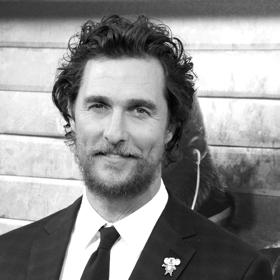
I believe that to succeed—and success is connected to happiness in life—you need to have clarity on what is most important to you. Once you decide to learn along the way, give meaning to your actions, and be brave, you’re ready to put in the effort and work toward your success.
1. What does success mean to you? Follow these steps to complete the activity:
• Step 1. Brainstorm what success is with your classmates. You can share single words, phrases, or ideas; there’s no need to explain them, and no one can criticize others’ input.
• Step 2. Individually, list the words, phrases or ideas from the brainstorming session that you consider success in the “Success” column. In the “Not Success” column, write down the ones that caught your attention but don’t fit your idea of success.
• Step 3. Then, in “Reasons” column, explain why these words or ideas define (or don’t) success for you.
Now, write your own definition of success.
How do I define success? For me it is the combination of five things. I try to measure these five things every day
2. Matthew McConaughey describes success as maintaining balance in five significant areas of his life: fatherhood, marriage, health, career, and friendships. What are your five areas? List them and set both medium-term and daily goals for each. Then identify any obstacles you face in achieving those goals.
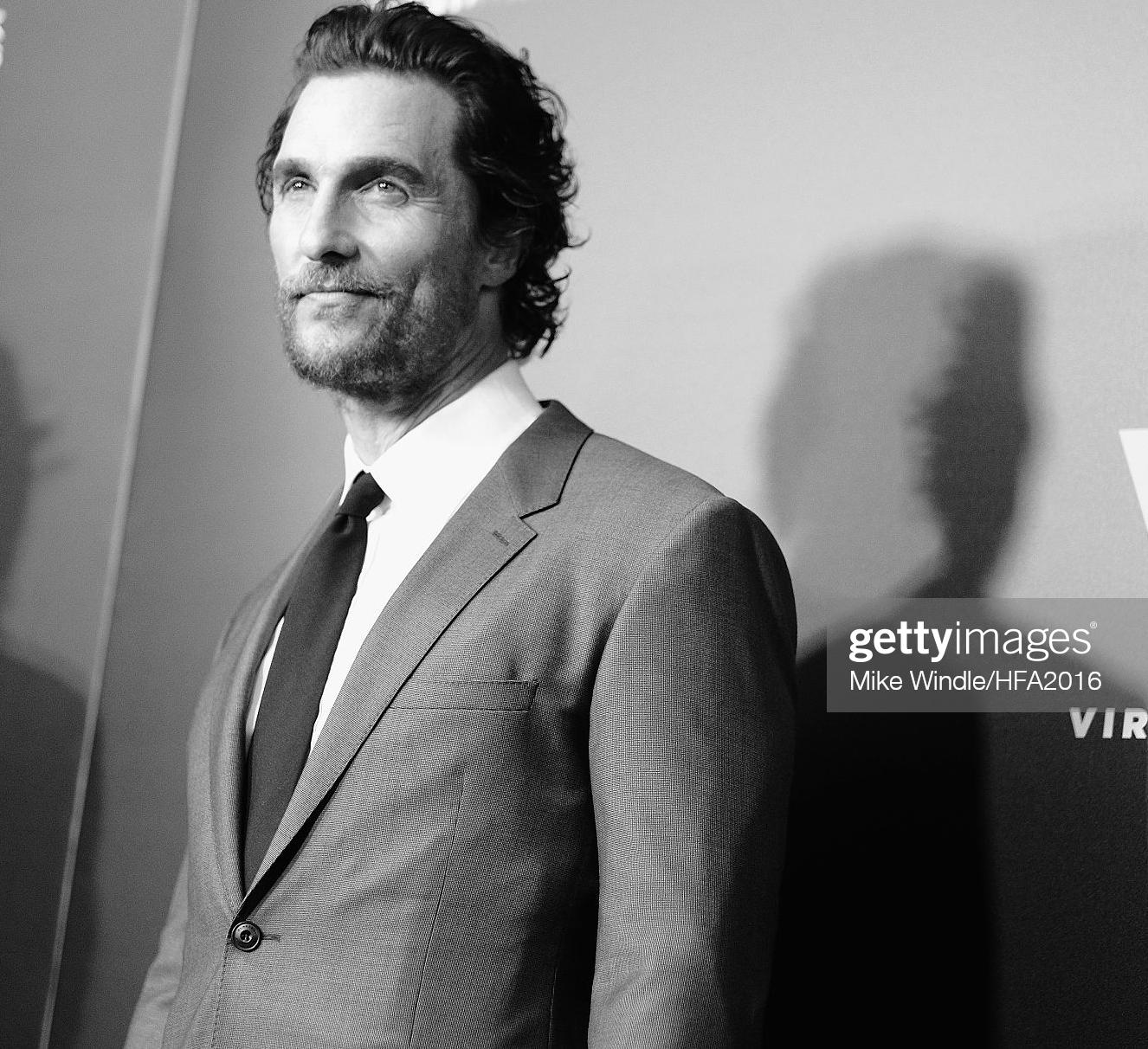
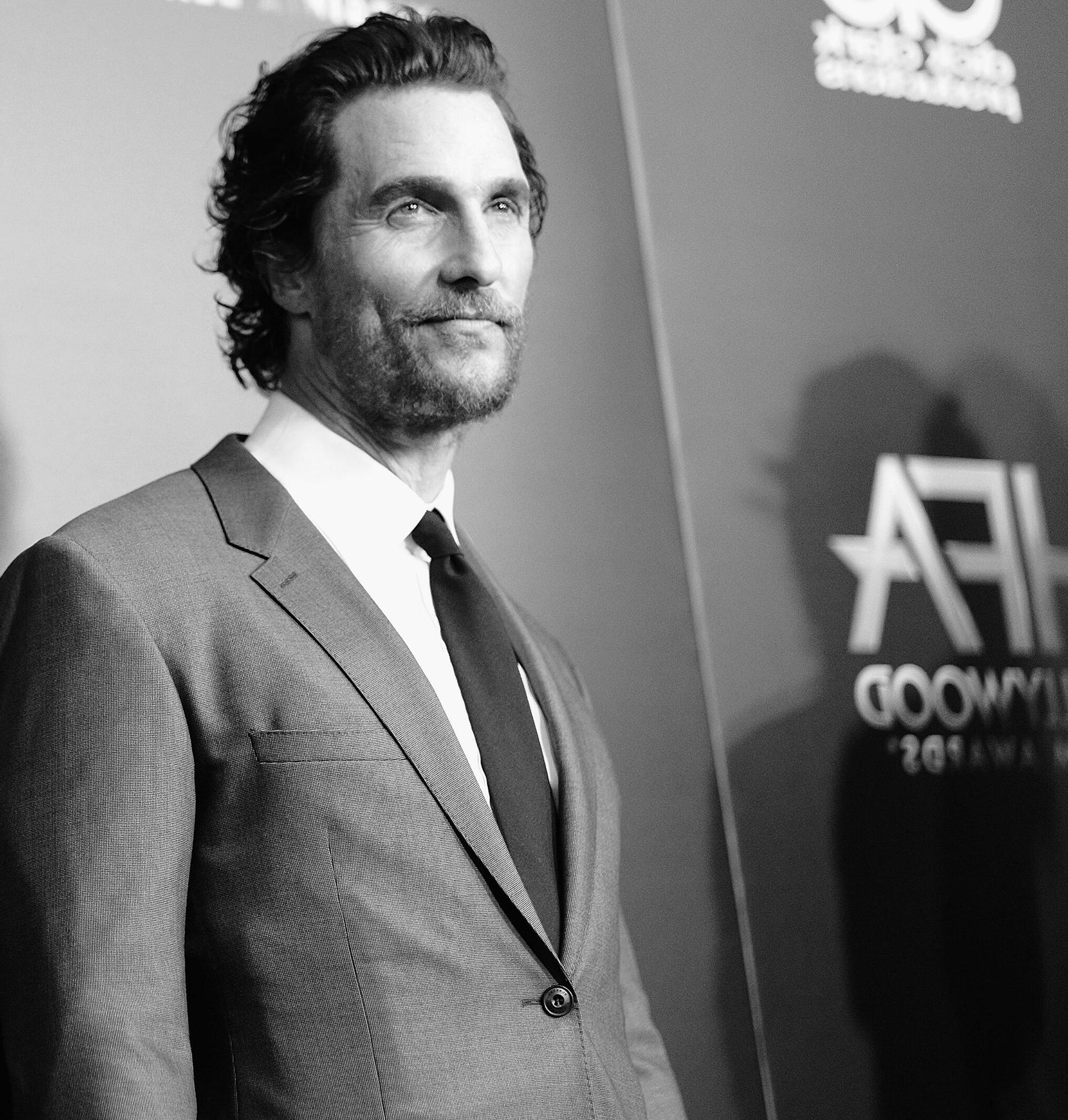

I want to be a famous basketball player. But I’m not sure anymore if success is playing well or being famous while playing. I looked up quotes about success online to clarify my understanding. Let’s see if they help me...

“PEOPLE
WHO THINK THEY ARE NOT CAPABLE OF DOING SOMETHING WILL NEVER DO IT, EVEN IF THEY HAVE THE ABILITY”
Indira Gandhi
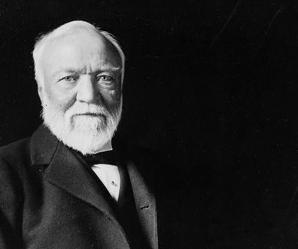
“The secret of my success is surrounding myself with people better than myself”
Andrew Carnegie
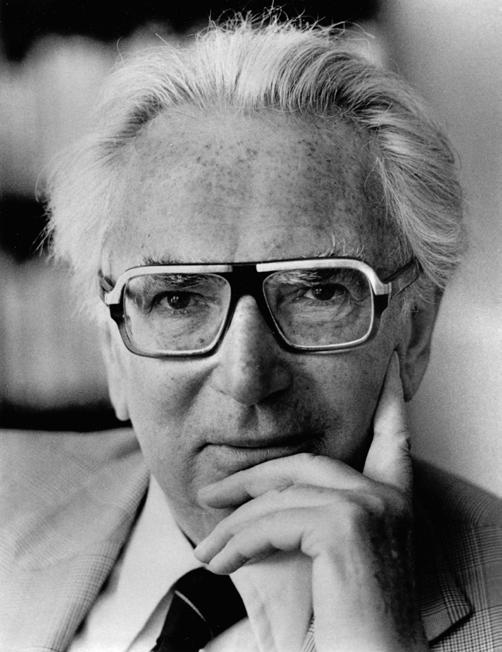
“Success, like happiness... [is] the unintended side-effect of one’s personal dedication to a cause greater than oneself”
Viktor Frankl
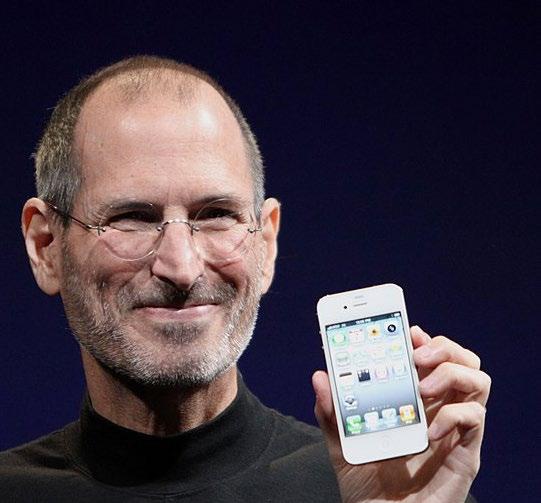
“IF YOU REALLY LOOK CLOSELY, MOST OVERNIGHT SUCCESSES TOOK A LONG TIME”
Steve Jobs
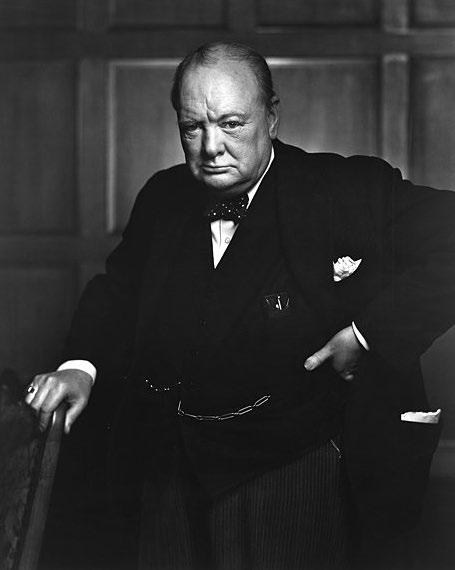
“SUCCESS CONSISTS OF GOING FROM FAILURE TO FAILURE WITHOUT LOSS OF ENTHUSIASM”
WINSTON CHURCHILL
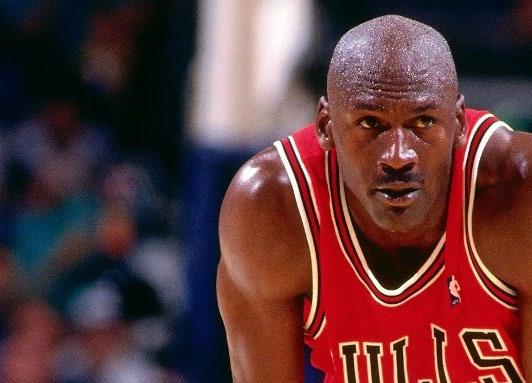
“I’VE FAILED OVER AND OVER AND OVER AGAIN IN MY LIFE. AND THAT IS WHY I HAVE SUCCEEDED”

“Let no one ever come to you without leaving better and happier”
Saint
Teresa of Calcutta
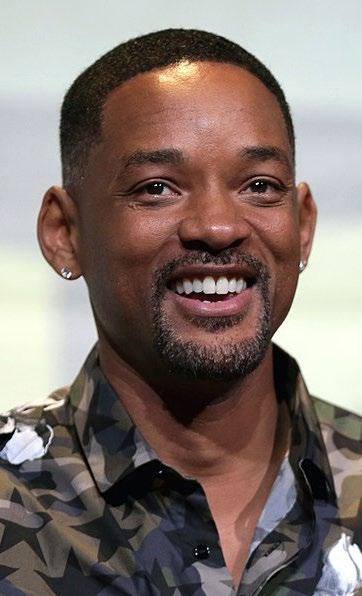
“i wake up every morning believing today is going to be better than yesterday”
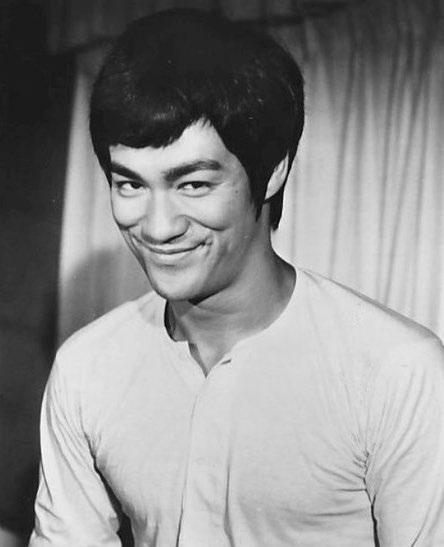
“MAKE AT LEAST ONE DEFINITE MOVE DAILY
YOUR GOAL”
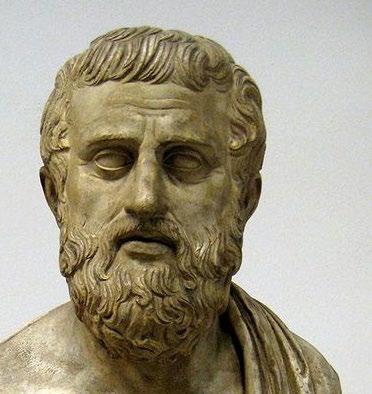
“Success is not random, it is a variable dependent on effort”
Sophocles
What does success mean to you? You could think of success as happiness, triumph, accomplishments, or goals. Success is about where you focus your energy, and where you want to be in the future, because you believe it will make you better. Now, let’s look at how success can be built.
1. STRENGTH AND COURAGE
We all have dreams and goals that we want to achieve. However, there are also obstacles to achieving them. We can react to these challenges in one of two ways:
1. Victimhood. “It’s not fair,” “It’s too hard,” “Why can’t I get what I want?” These types of thoughts lead to frustration and doing nothing.
2. Strength. Strength is the virtue that helps us recognize and overcome obstacles, even when they feel unjust. It helps us in two ways:
○ We learn to control the fear that prevents us from facing problems.
○ It boosts our confidence in ourselves. With each obstacle we overcome, our confidence grows, and we feel capable of achieving even bigger goals.
2. DEFINING SUCCESS
No one can begin a journey without knowing where they’re headed. That’s why it’s important to first ask yourself the same questions Matthew McConaughey did: “What does success mean to ME?”; “What does happiness mean?”; “What has meaning for me?”. The more honest your answers are, the stronger your motivation will be.
But this can create a dilemma: If I get the result I want, I am happy; if not, I won’t be; or: If I get rich, famous, or popular, I’ll be happy; if not, I won’t. So, is it possible to move past this thinking?
Matthew McConaughey gives us the key: success isn’t only about results or external outcomes. The most important success is what happens inside of us. In other words, you might not always achieve your goals, but you will always grow and improve during the process. If we adopt the attitude of continuous improvement, without getting discouraged by setbacks, we’ll get better and better over time.
This is why happiness can be understood as ongoing growth in all aspects of life, especially personal development. It’s not just about achieving an external result. It’s a dynamic process, as the actor says: “It’s always in progress. It’s something we build, and we get closer to it by pursuing what excites and fulfills us.
What does ethics have to do with success? Actually, quite a lot. Success is tied to personal happiness, and in order to be truly happy, it’s essential to maintain an ethical approach of constant self-improvement.
There are many ways to define ethics. Here, we’ll understand it as a way to improve not only our own lives but also the lives of others. Think about it this way: it turns your time into something valuable—about growing and becoming better Look around at the objects near you: a pen, a table, a chair. Each of these things serves a clear purpose—to make life easier. They save you time, and that’s a benefit. Now imagine if they didn’t exist. If there were no glasses, for example, how much time would you waste getting a drink every time you were thirsty?
The same idea applies to skills and abilities that improve our lives and those of others. As we develop and refine a skill, we increase our ability to improve and help others, saving both time and effort. We are able to do more and better things in less time. Virtues, too, work in a similar way: the more we practice good behaviors, the better we become at doing them.
We can also compare ethics to sports training. If you’ve never run before, you wouldn’t start with a marathon, but you can increase the distance you run a little bit each day. As we improve, we build up energy and strength, allowing us to become fairer, more generous, and better friends. Ethics, from this perspective, isn’t a final destination; it’s an ongoing process of growth with no limits.
Moreover, ethics is deeply creative. Each situation we face in life offers us an opportunity for training and growth. Since we can always improve, we’re always able to do more good. The good you don’t do, no one will do for you, and there’s always a chance to discover a greater good.

I like being creative and always striving to improve. The more you practice something, the easier it becomes, and then you can take on bigger challenges. Plus, there are always adventures along the way!
1. Review the theory and, with a partner, come up with an analogy, image, or symbol that explains what ethics is. Then, draw your idea and present it to the class.
Out of all the analogies your classmates shared, which one did you like the most? Describe it and draw a picture.
LET’S
1. What are the consequences of strength?
2. What connection do you think exists between success and happiness?
3. Do you agree that success isn’t just the final result? Why?
4. Define “ethics” in your own words.
5. Why do you think ethics is considered creative? Explain your answer.
2. Ethics is closely linked to the ability to create good and beauty in the world. Benjamin Franklin asked himself every morning: “What good can I do today?”. Ask yourself this question and write down five “good actions” you can do today.
5 “good actions” I can do today
Now, think bigger! Write down three projects or dreams that you would like to achieve in your life.
Three long-term projects or dreams
Write a purpose or motto for leading an ethical and successful life.
The Talentum program focuses on values and emotional education through 15 real-life cases and activities, aiming to inspire teenagers to uncover their talents, manage their emotions, and pursue personal growth.
Through stories from YouTubers, songs, interviews, videos, reports, talks and advertisements, they will explore values such as:
Personality
Respect
Authenticity
Happiness. Success
Critical thinking. Self-care
Responsibility. Self-control
Effort. Talent
Group independence
Self-control. Temperance
Forgiveness
Teamwork. Cooperation
Friendship
Empathy. Solidarity
Hope Love. Thankfulness